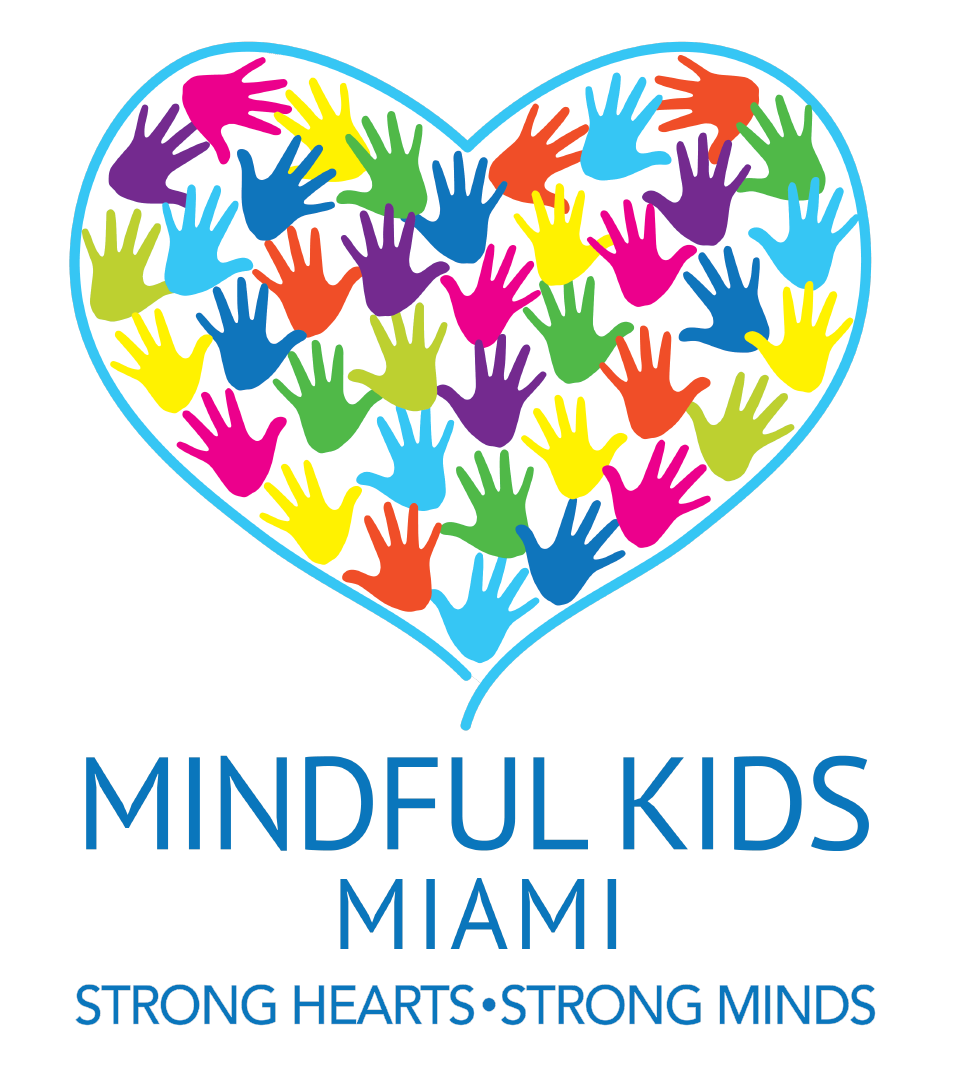Mindfulness-Based Cognitive Therapy (MBCT)
Mindfulness-Based Cognitive Therapy is an 8-week evidenced based program that combines cognitive behavioral therapy (CBT) with mindfulness practices. MBCT operates on the theory that habitual negative thought can create a downward spiral, leading to unhappiness, depression and/or anxiety. Mindfulness helps us to become aware of these patterns, empowering ourselves to manage negative thoughts and moods in more healthful ways, reducing depression, anxiety and stress. This program is most beneficial from adults experiencing moderate depression or anxiety and people with a history of depression.
MBCT was developed by therapists Zindel Segal, Mark Williams, and John Teasdale, who sought to build upon cognitive therapy. They felt that by integrating cognitive therapy with the Mindfulness-based stress reduction (MBSR), therapy could be more effective.
MBCT operates on the theory that if you have a history of depression and become distressed, you are likely to return to those automatic cognitive processes that triggered a depressive episode in the past.
This program is most beneficial:
For those who have suffered from recurrent depression
For those who have been advised to remain on antidepressant medication for the rest of their life to prevent a recurrence, as MBCT may be a welcome alternative
For those interested in an opportunity to learn a new way of relating to unwanted thoughts and feelings and powerful skills for responding to them in an intentional and skillful manner
Benefits of MBCT may include:
Improve focus and attention
Decrease stress and anxiety
Reduce the risk of depression relapse
Reduce the severity of depressive symptoms
Strengthen emotional resilience
Reduce cravings for addictive substances
Increase ability to self-regulate emotions
Builds compassion and empathy
Increase sense of well-being
Gain a greater sense of calm from living in the present moment
Enhance awareness, clarity and acceptance in everyday living
Develop an action plan to inhibit the acceleration of negative mood states
What to expect:
Be introduced to the basics of mindfulness through practice of awareness of body sensations, mind wandering, mood shifts, and impulses to act.
Learn the relationship of thoughts to emotions and moods
Concept and practice of decentering relating to thoughts, feelings, and impulses to act as events passing in the mind and body, rather than identifying with them.
Learn practices of acceptance/non-aversion, non-attachment, kindly awareness as a new way of relating to phenomenon as they arise
Learn the practice of ‘Letting Go’, a skill helpful in preventing oneself getting into and stepping out of unhelpful cycles.
Become aware of your own unique warning signs of impending depression and anxiety and to develop specific action plans for when this might occur.
Location
TBD: Online or Mindful Kids Miami Office
Program Details
2.5 hours per class
Meet once a week for 8-weeks
All-day silent retreat
Other materials to support practice
Class Fee: $400 per person
”On average, MBCT was shown to reduce the risk of relapse for people who experience recurrent depression by nearly 50%, regardless of their sex, age, education, or relationship status.”



